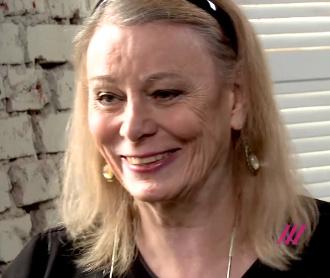The Great Enrichment
by Mike Kapic January 19, 2019
As explained by Dan Mitchell, Deirdre McCloskey gives a simple explanation of why the world is richer today. Classical liberal ideas trump capitalism which trumps socialism and communism. This is why we should be educating the new Democrats on true liberalism and not buying what they’re selling.
Professor Deirdre McCloskey in the New York Times and from Bourgeois Equality: How Ideas, Not Capital or Institutions, Enriched the World
The Great Enrichment began in 17th-century Holland. By the 18th century, it had moved to England, Scotland and the American colonies, and now it has spread to much of the rest of the world.
Economists and historians agree on its startling magnitude: By 2010, the average daily income in a wide range of countries, including Japan, the United States, Botswana and Brazil, had soared 1,000 to 3,000 percent over the levels of 1800. People moved from tents and mud huts to split-levels and city condominiums, from waterborne diseases to 80-year life spans, from ignorance to literacy. …50 years ago, four billion out of five billion people lived in…miserable conditions. In 1800, it was 95 percent of one billion.
Deirdre then explains that classical liberalism produced this economic miracle.
What…caused this Great Enrichment? Not exploitation of the poor, …but a mere idea, which the philosopher and economist Adam Smith called “the liberal plan of equality, liberty and justice.” In a word, it was liberalism, in the free-market European sense. Give masses of ordinary people equality before the law and equality of social dignity, and leave them alone, and it turns out that they become extraordinarily creative and energetic. …we eventually need capital and institutions to embody the ideas, such as a marble building with central heating and cooling to house the Supreme Court. But the intermediate and dependent causes like capital and institutions have not been the root cause. The root cause of enrichment was and is the liberal idea, spawning the university, the railway, the high-rise, the internet and, most important, our liberties.
In other words, says Dan Mitchell, the right ideas are the building blocks that enable the accumulation of capital and the development of institutions.
Deirdre’s analysis is critical. She reminds us that investment doesn’t merely depend on good tax policy and rule of law doesn’t magically materialize. You need a form of societal capital as the foundation.

